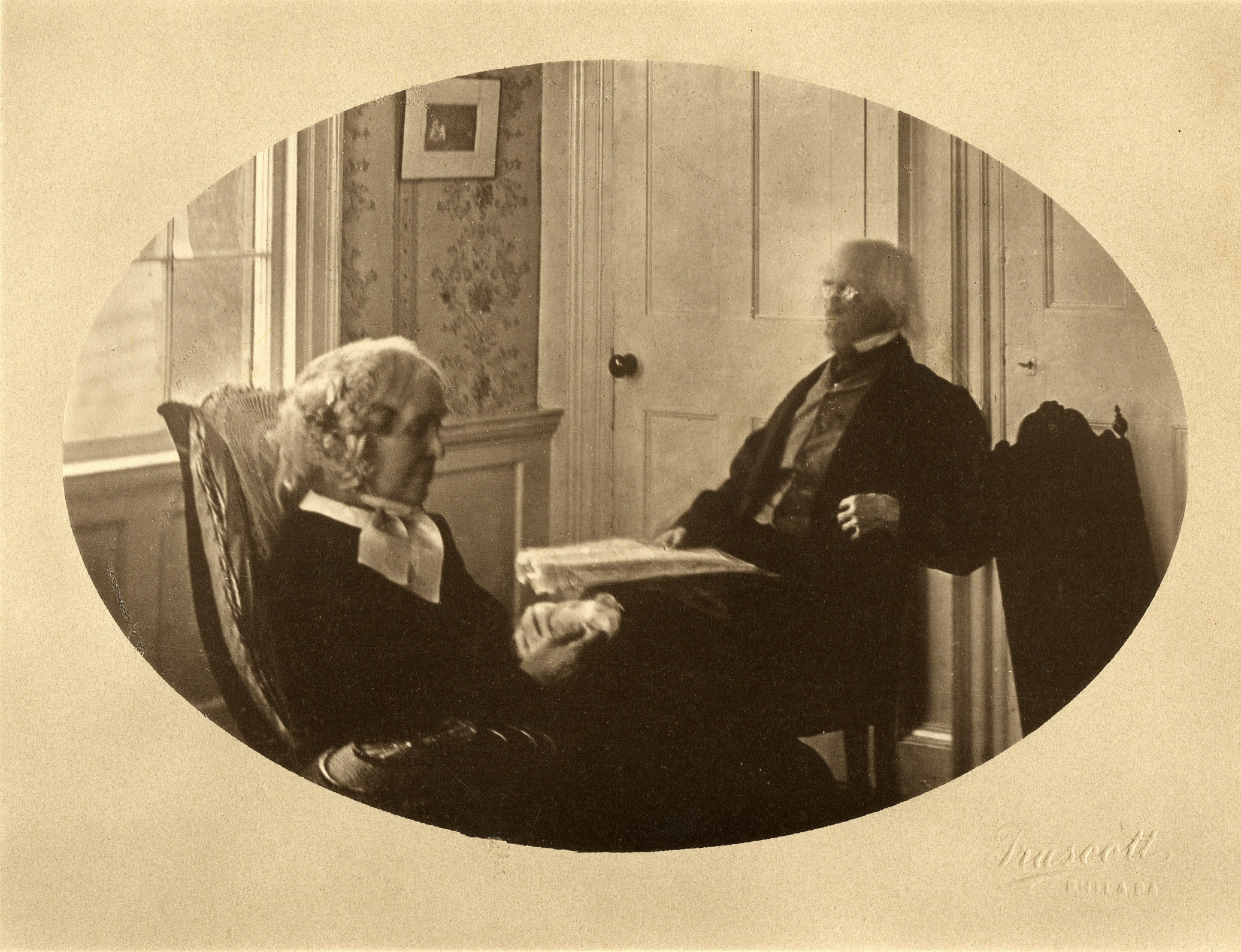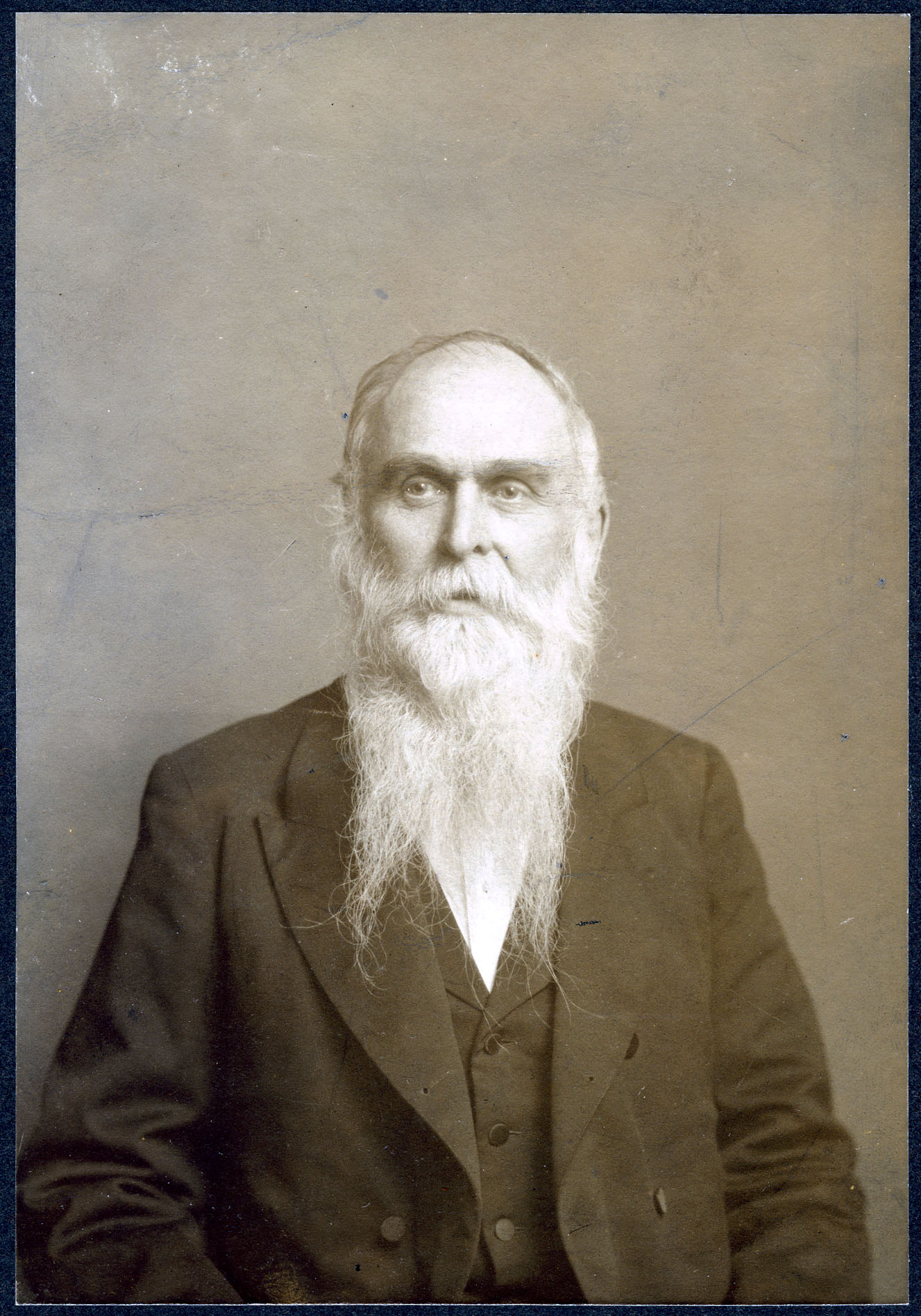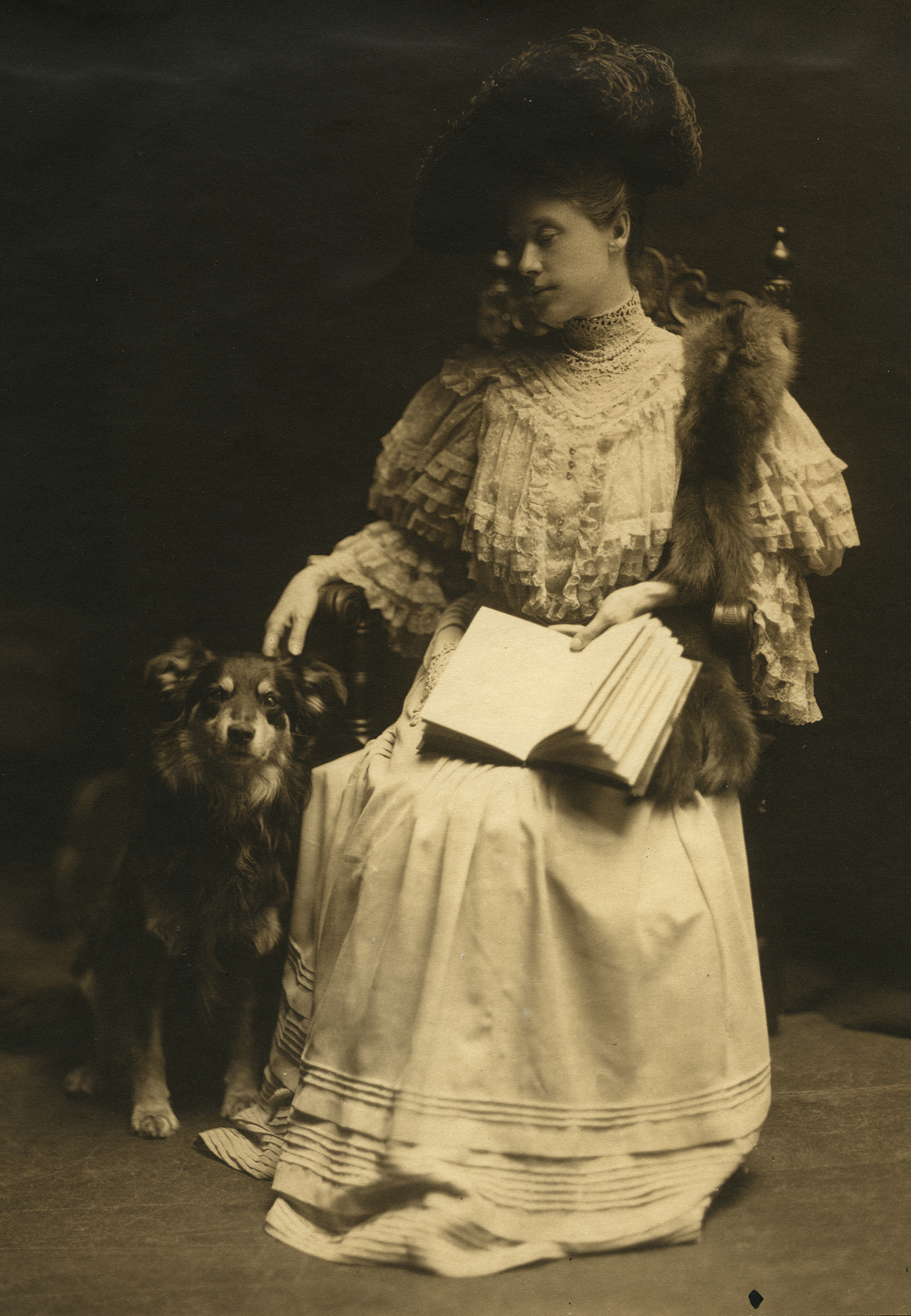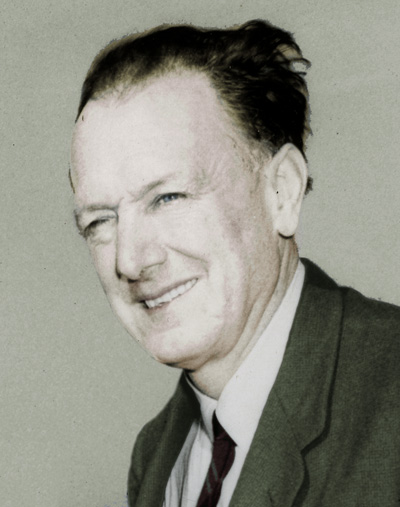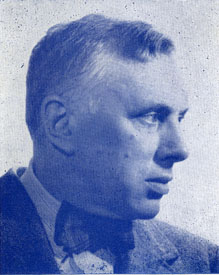Allan I. Ludwig Collection
An historian and photographer, Allan I. Ludwig’s book Graven Images: New England Stonecarving and Its Symbols, 1650-1815 (1966) played a critical role in the rise in interest in gravestone studies in the 1960s. Born in Yonkers, N.Y., in 1933, Ludwig received his PhD in art history from Yale in 1964 and became involved with the Association for Gravestone Studies beginning with the initial Dublin Seminar for New England Folklife in 1976. He received the AGS Forbes Award in 1980 in recognition of his contributions to gravestone studies. He has been a professor of art history at Dickinson College, Bloomfield College, Rhode Island School of Design, Yale University, and Syracuse University. In addition to his books Reflections Out of Time: A Portfolio of Photographs (1981) and Repulsion: Aesthetics of the Grotesque (1986), Ludwig has curated numerous art exhibitions and exhibited his own photographs worldwide.
The Ludwig Collection consists of many hundreds of photographs of New England and English gravemarkers organized either by the deceased’s name or by the town, as well as copies of all photos used in Graven Images. Also included in the collection is a copy of Ludwig’s dissertation on gravestone iconography and offprints of several of his articles.


